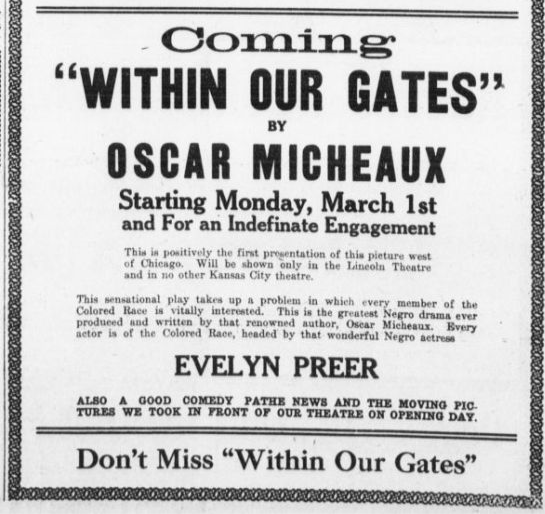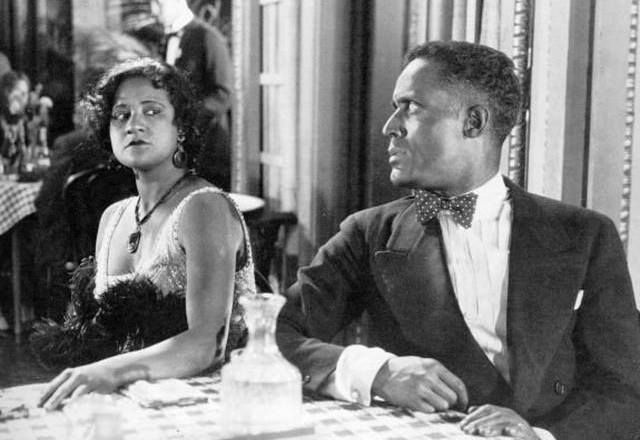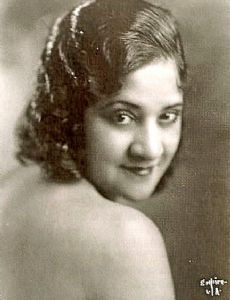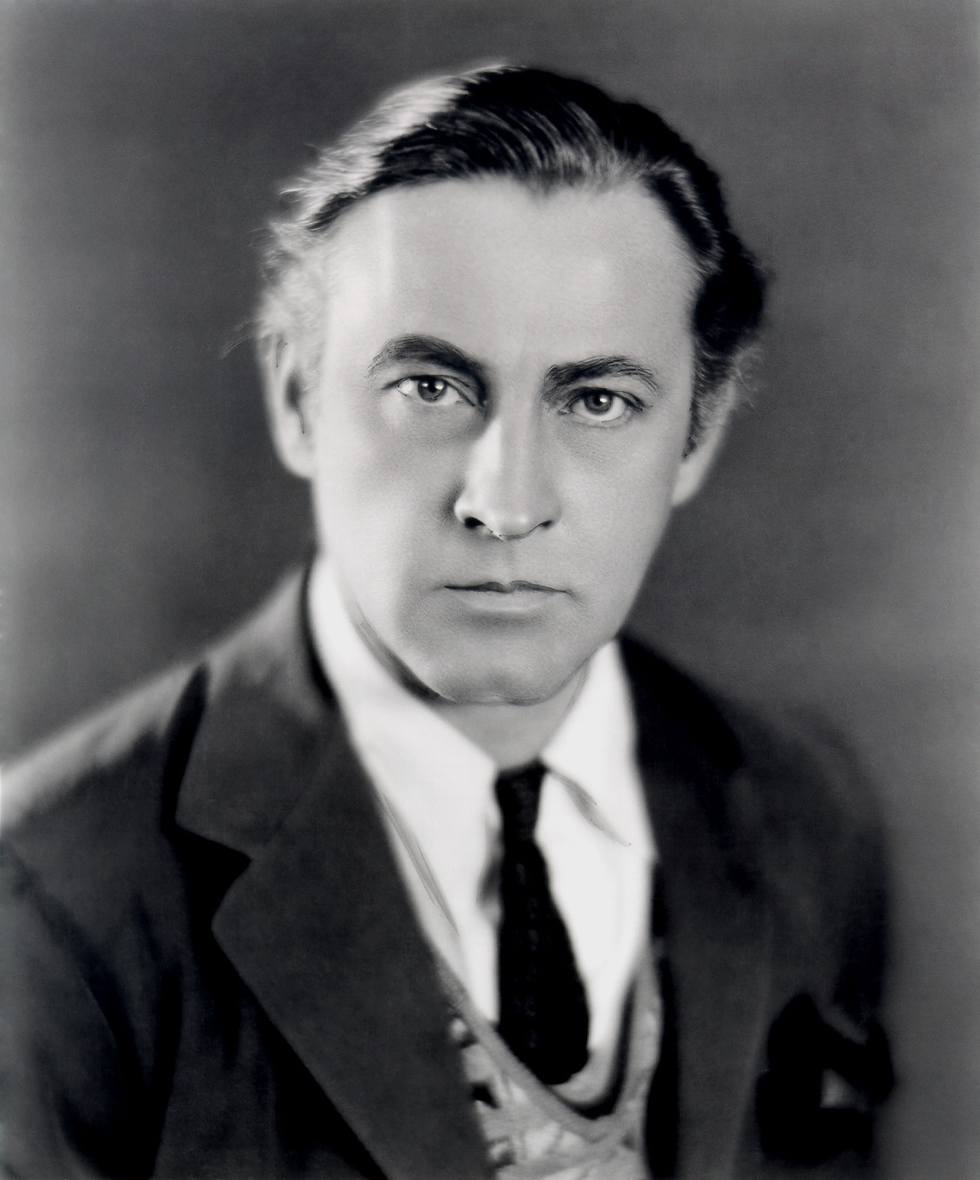Evelyn Preer
- SilentCinemaSchool

- Jun 13, 2020
- 4 min read
Updated: Oct 5, 2021
While there are many silent film star names you’ll hear, there’s one your Google searches probably won’t tell you about…unless you dig for it.
…we dug for it. You’re welcome.
Today’s post is in honor of ...the lovely Evelyn Preer.

1896 - 1932
Evelyn was a seasoned veteran actress of stage and screen – at a time in history when major studios did not make movies about people of color. At best, some studios included black actors as the “butt of the jokes”, or to play criminals and servants, etc. - which at the time was considered “acceptable” (!). So…the independent black film industry was born of a necessity. These small but mighty films were made for people of color, by people of color, dedicated to uplifting the black community and offering a profound commentary: that they are equal with white people. As if this was a new revelation?! I mean… These movies are part of a genre known as race films, and they were quite popular in the black community. Roughly 500 race films were made between the 1900s and 1950, although less than 100 are still intact today. 💔


Ads for race films were much less pretentious than Hollywood productions!
One of the oldest surviving silent films by a black director (named Oscar Micheaux) was Within Our Gates (1920), starring none other than Evelyn! In this film, Evelyn plays a teacher desperately trying to raise funds for a black children’s school in the South. This groundbreaking Chicago-based film takes on social issues of the day such as black voting rights and the lynching of slaves. It's also in our Top 10!

Forms of the "N-word" (like this) were widely used in the 1920's. 😱 Apparently it was newsworthy for people of color to have their choice of seating, too.
Evelyn was raised in Chicago by her mother, a widow. She had childhood experience in vaudeville and street preaching, which eventually led to her acting career – and helped her become the very first film celebrity of color. Evelyn made her film debut in a movie called The Homesteader (1919). She became known in the black community as the First Lady of the Screen and was promoted by Oscar Micheaux with a personal appearance tour and a publicity campaign. Oscar once said, “Miss Preer could play any role assigned her and always did so cheerfully and without argument”. Coming from a director, that’s high praise indeed!
Evelyn received rave reviews from both the black and white communities for her performances in film (she starred in a total of 16 films, in both silent and sound) and on the stage, when she joined Chicago theatre troupe The Lafayette Players in 1920. This woman. Could act. The Lafayette Players took classical theatre to places that it was not common – to the people of color. In those days, theaters were usually segregated, and the black community was generally not permitted to attend “legitimate” plays in “white” theaters in many parts of the country. But when troupes like The Lafayette Players took these classical plays to “black” theaters – they were a hit. You don’t have to have pale skin to appreciate theatre – who knew?? 😛 During her stage career she also performed on Broadway with great success, and she was in the first large-scale play produced in California that featured black actors (in 1928).

Evelyn starring alongside her husband James Edward Thompson in
The Melancholy Dame (1929)
Evelyn could not only act, she was also an accomplished singer who appeared in musicals as well as dramatic plays. This woman. Could sing. She is considered by many to be the greatest actress of her time. She and her husband (actor James Edward Thompson) met during their time with The Lafayette Players, and they were soon a leading duo in their field, garnering attention from Hollywood producers (who were largely white). In the late 1920s, Evelyn got a contract with Paramount Pictures (possibly from Jesse L. Lasky , who was head of production at the time), and she appeared in several early talkies. Unlike many of the other silent film actors, she transitioned easily to sound films, more than likely because she’d had so much experience on the stage. Her final film appearance was in Blonde Venus (1932) with Marlene Dietrich and Cary Grant. Evelyn was known for rejecting roles that portrayed people of color in a negative light – talk about advocating for change!

A lovely headshot (year unknown)
In 1932, Evelyn gave birth to her first (and only) child, Edeve Thompson. Sadly, Evelyn suffered from post-childbirth complications and passed away that same year from double pneumonia, at the age of 36. Her husband James continued raising their daughter, and acting as a leading man in numerous films until his passing in 1960. Although Evelyn was not given equal opportunity and recognition compared with the white actresses of her time, she made an everlasting impression on the film industry - and her story will undoubtedly inspire future actresses and filmmakers of color!
References:


.png)



Comments